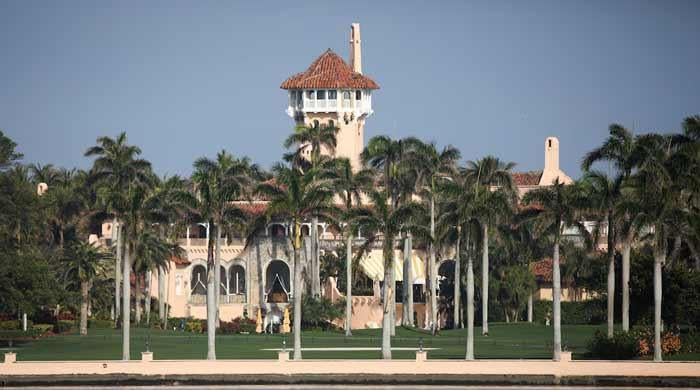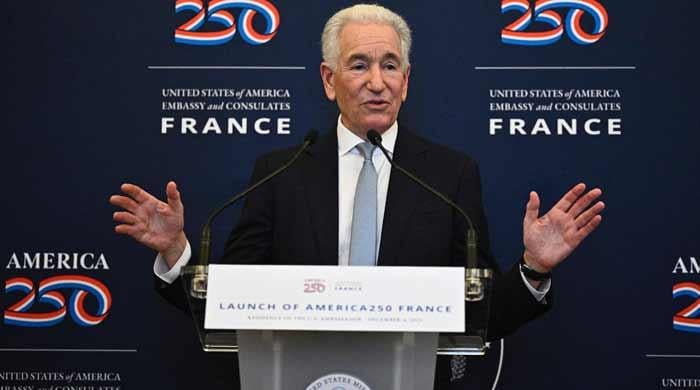WATCH: Do We Need Nuclear Power to Stop Climate Change?
Scientists are divided over whether the world needs more nuclear power plants to combat climate change, as nuclear power can produce electricity without increasing emissions.
November 27, 2021
Scientists are divided over whether the world needs more nuclear power plants to combat climate change, as nuclear power can produce electricity without increasing emissions.
Most new nuclear plants are popping up in Asia, where countries like China have a higher demand for power but also promise to cut emissions by 2060. India too has been ramping up nuclear technology to get electricity to hundreds of millions of people.
But, on the other hand, are countries like Germany and Japan which have been switching off their nuclear plants because they are worried about safety.
Hence, while some experts argue that nuclear power is one path to clean electricity, anti-nuclear activists say it is too dangerous.
Incidents like the 1986 Chernobyl accident are all too familiar. Also, most nuclear power plants have been built near the coast or rivers so they can use water to get rid of waste heat. This alone leaves the plants vulnerable to floods.
However, the argument against this is that air pollution caused by burning coal, oil or gas kills an estimated eight million people a year.
“If you compare the nuclear industry with all the other industries, certainly fossil fuels, the number of fatalities is really minimal,” Sama Bilbao y Leon, with the World Nuclear Association, told DW. .
The idea that nuclear energy is safe than fossil fuels is one reason some people are changing their minds about it. In terms of climate change, nuclear power is clean and it can provide steady electricity when the sun is not shining and the wind is not blowing.
This has given nuclear power some unlikely supporters as well like a Brazilian model and some environmentalists.
Still, Germany has been shutting down nuclear plants in phases. Its last plant will close in 2023. But even that decision has proved costly.
A study in 2019 estimated that quitting nuclear power slowed Germany’s coal exit so much that it led to 1,100 more deaths than expected from breathing dirty air each year. It is the same story in the US, where nuclear closures have propped up fossil fuels in California and New York.
But there is another side to the story too. After Germany decided to quit nuclear its electricity emissions actually fell, as renewables pushed coal out of the mix.
“You can argue it both ways. Probably Germany would have been able to reduce its emissions a bit quicker, a bit differently, but also that really supported the uptake of renewables, not only in Germany but globally,” said Murielle Gagnebin, an expert on nuclear power in Germany, France and Japan. Gagnebin added that investments in renewables has made nuclear power less attractive. That is because it is a cheaper alternative to building a new nuclear plant.











